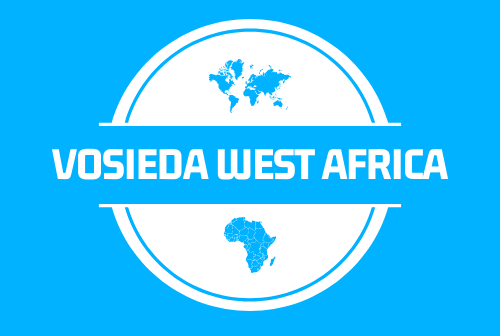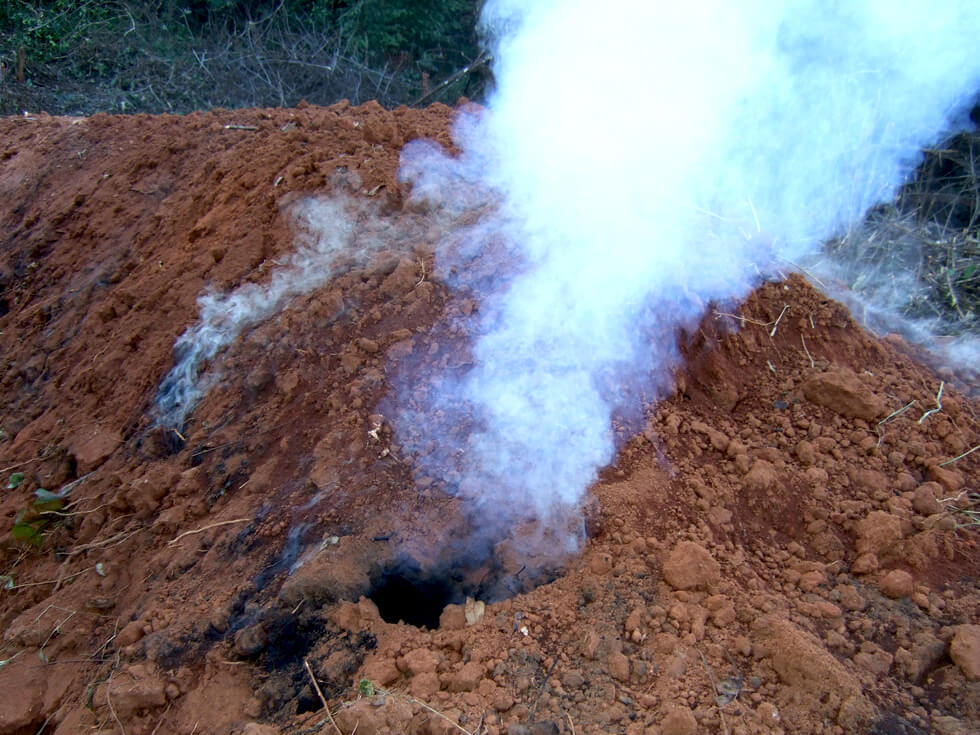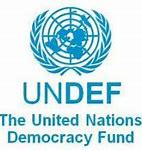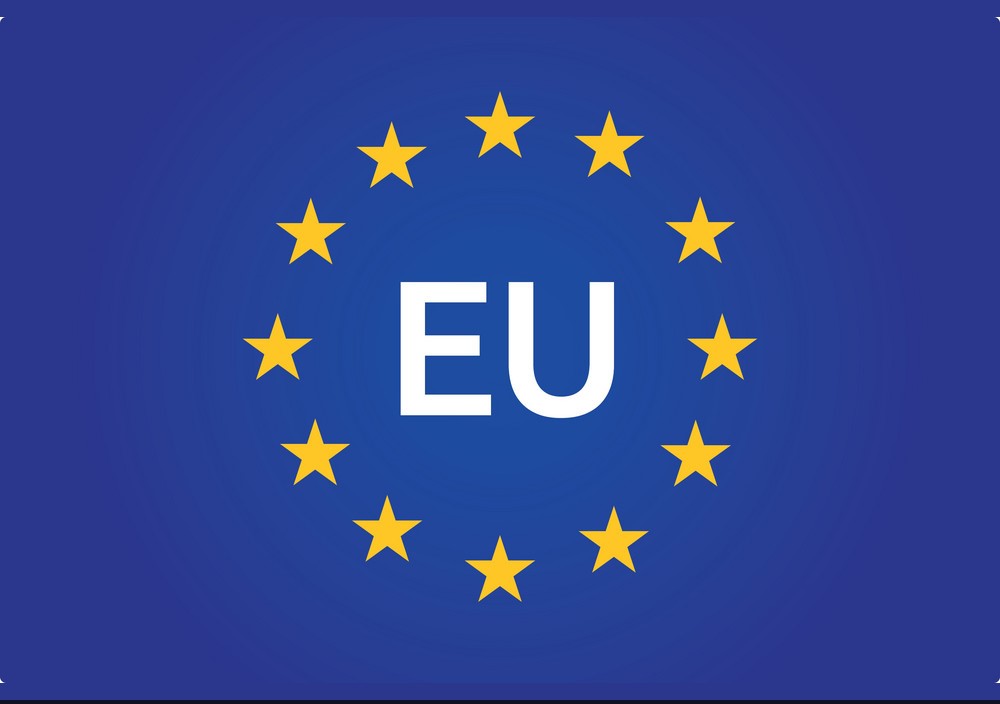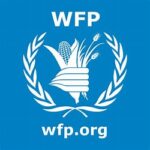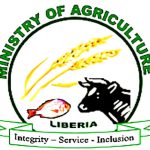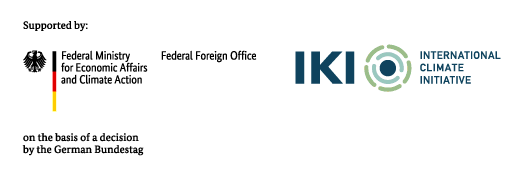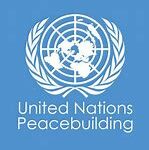Context
Conventional cooking methods using solid fuels on open fires or rudimentary cookstoves are inefficient, unhealthy, and unsafe. Their negative impacts range from the extensive time and costs required for wood/charcoal collection to the negative impacts on public health and the environment.
In Liberia, an estimated 90% of the population has no access to electricity and thus depends mainly on biomass (fuel wood, charcoal, or crop residues) for heating and cooking, especially in rural areas. Most families cook with traditional three-stone fires, which consume large amounts of firewood. The collection of wood is causing deforestation, environmental degradation, and loss of biodiversity. Charcoal production and cooking on these rudimentary open fires is also a significant source of greenhouse gas emissions and indoor air pollution, which kills millions of women and children annually.
Deforestation strongly impacts climate change as trees store CO2 throughout their life. We reduce the capacity of the global ecosystem to store CO2 by destroying trees for either charcoal or firewood because fewer trees mean less CO2 absorbed and more greenhouse effect.
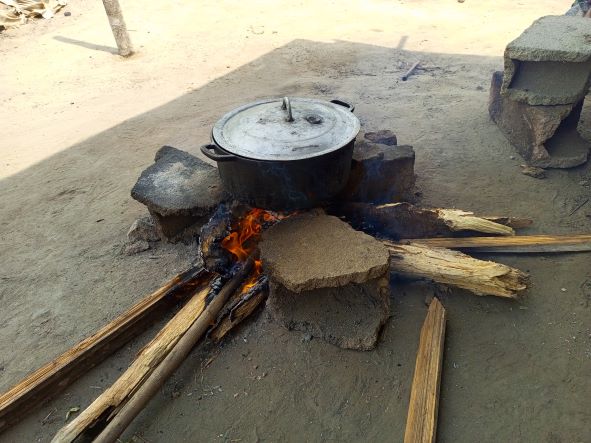 In addition to the environmental consequences, there are significant health implications related to inefficient cooking methods, exposure to smoke, and the unsafety of fire. Despite these facts, charcoal, and fuel are the main sources of fuel for most Liberian households. However, charcoal and firewood are costly and time-consuming, especially for women and children who traditionally collect firewood for cooking in rural Liberia.
In addition to the environmental consequences, there are significant health implications related to inefficient cooking methods, exposure to smoke, and the unsafety of fire. Despite these facts, charcoal, and fuel are the main sources of fuel for most Liberian households. However, charcoal and firewood are costly and time-consuming, especially for women and children who traditionally collect firewood for cooking in rural Liberia.
The Interventions
The project supports thousands of rural households in Central Liberia by developing and distributing efficient cookstoves and enhancing charcoal value chains’ efficiency and sustainability to mitigate GHG.
Expected Results
- Reduced deforestation,
- Improved livelihoods and millions of trees saved.
- Thousands of families supported to boosts economic activities
- Improved health conditions of women and children dying in Liberia as a result of indoor air pollution.
Key Facts
This project is supported by the IKI Small Grants programme, which is part of the International Climate Initiative (IKI). IKI Small Grants are funded by the Federal Ministry of Economic Affairs and Climate Action (BMWK) and the Federal Foreign Office (AA) and carried out by Deutsche Gesellschaft für Internationale Zusammenarbeit (GIZ) GmbH.
The Forestry Development Authority (FDA) and the Environmental Protection Agency of Liberia (EPA) are significant government partners.
Sector: Climate Change and Environmental Sustainability
Domain: Sustainable forest protection, Poverty Eradication, and Climate Change
Benefiting zone: Liberia
Nature: Performance base contract
Duration: 2022 – 2023
Status: Active
